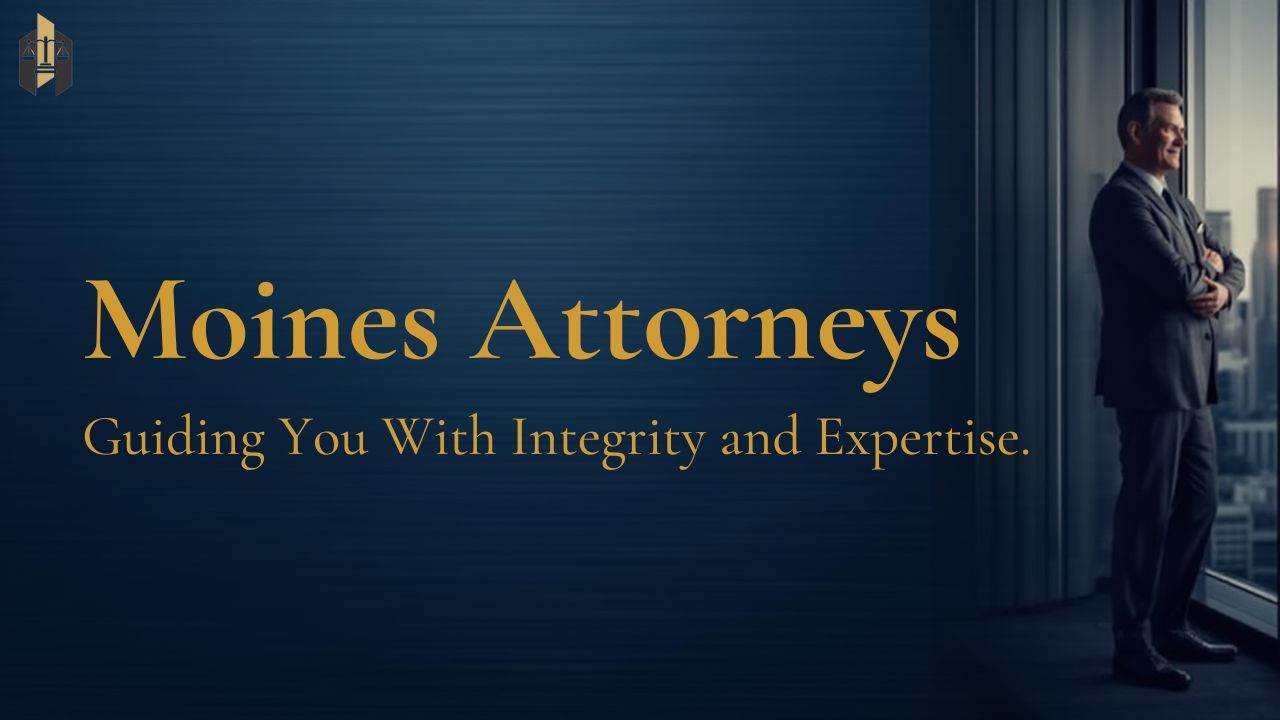It could be challenging to navigate the legal environment of urban planning and development. The phrase “certificate of lawful development” (LDC) frequently appears as a key component in this context.
By offering information on LDCs, their nature, the application procedure, related costs, and the primary justifications for acquiring one, this article seeks to demystify the complexity surrounding them.
A Lawful Development Certificate: What Is It?
In the UK, local planning authorities provide legal documents called Lawful Development Certificates, or LDCs.
It acts as formal documentation indicating a specific land use or development is permitted by the Town and Country Planning Act 1990.
In essence, it offers reassurance that the development is exempt from enforcement action and conforms with planning laws.
Key Features of a Lawful Development Certificate
Proof of Legality: An LDC acts as concrete evidence that the development or use of land is within the bounds of planning laws.
Exemption from Enforcement Action: The local planning authority is unable to enforce the development once a Lawful Development Certificate has been given. It provides a certain level of protection to the property owner.
Confirmation of Existing Use: LDCs are frequently consulted in order to verify whether a property’s current use is lawful. This can entail claiming that a particular kind of business carried out on the property is legal.
Do I Need a Lawful Development Certificate?
If you’ve undertaken a development or seek assurance about the legality of land use, obtaining a Lawful Development Certificate provides crucial legal clarity and protection against potential enforcement actions.
When To Consider Obtaining an LDC
- Existing Developments: If you’ve already undertaken a development or use of land and want confirmation of its lawfulness, applying for an LDC is a prudent step.
- Property Transactions: Having an LDC in place gives both parties peace of mind regarding the current development’s legal standing when buying or selling real estate.
- Peace of Mind: Obtaining an LDC might give peace of mind in cases when there is ambiguity over whether a proposed development or use of property falls within approved development rights.
- Example Scenario: Lawful Development Certificate Application
Let’s think about a speculative situation to understand the application process better. Suppose you own a property and have been using a section of it for a home office. To ensure the legality of this use, you decide to apply for an LDC.
Lawful Development Certificate Application Example
(i) Research and Documentation: Begin by researching the local planning regulations to understand whether your home office use is considered lawful. Gather relevant documents, including site plans and photographs.
(ii) Application Form Submission: Complete the LDC application form provided by the local planning authority. Clearly outline the details of the development, providing supporting evidence where necessary.
(iii) Notification of Neighbors: Some LDC applications may require notifying neighbors or other interested parties. This is typically the case when the development involves a change of use.
(iv) Application Fee Payment: Be aware that submitting an LDC application typically carries a cost. The type and extent of the development determine the variation in this charge.
(v) Assessment and Decision: The relevant planning laws and regulations will be taken into consideration by the local planning authority while evaluating your application. They will next make the decision about the issuance of the Lawful Development Certificate.
(vi) Issuance of Certificate: If approved, the LDC will be issued, providing confirmation of the lawfulness of the development. This certificate is a valuable document that is suitable for various purposes, including during property transactions.
Lawful Development Certificate Fee
It’s crucial to understand that there is a fee associated with applying for an LDC.
The fee varies depending on factors such as the type of development, the scale of the project, and the complexity of the application.
It is advisable to check with the local planning authority for the specific fee applicable to your case.
Having a Lawful Development Certificate Has Its Advantages
Obtaining a Lawful Development Certificate offers legal certainty, and protection against enforcement actions, and enhances property value, providing valuable reassurance for property owners and facilitating smoother transactions.
1. Legal lucidity and assurance
One of the primary benefits of obtaining an LDC is the legal clarity it provides.
It confirms the lawfulness of a development or use of land, offering peace of mind to property owners and potential buyers.
2. Protection Against Enforcement Action
An LDC shields the property owner from local planning authority enforcement actions once it is granted.
This implies that there is no danger of legal consequences as long as the development stays within the boundaries mentioned in the certificate.
3. Facilitates Property Transactions
When buying or selling a property, having an LDC in place can streamline the transaction process.
Buyers are often reassured by the existence of a Lawful Development Certificate, as it mitigates uncertainty regarding the legal status of existing developments.
4. Supports Planning For The Future
For property owners planning future developments, an LDC can be a valuable tool.
It provides a clear understanding of the scope of permitted development rights and helps in making informed decisions about the expansion or alteration of a property.
5. Enhances Property Value
The legal confirmation provided by an LDC can enhance the perceived value of a property.
It signifies that the property has undergone scrutiny and has been deemed compliant with planning regulations, making it a more attractive investment.
Potential Challenges and Considerations
While obtaining a Lawful Development Certificate offers numerous advantages, there are certain considerations and potential challenges to keep in mind.
1. Application Process Complexity
The application process for an LDC can be complex, especially for individuals unfamiliar with planning regulations.
Seeking professional advice or assistance may be advisable to ensure that all necessary information is provided correctly.
2. Application Fees
The fees associated with LDC applications can vary, and they can be a significant consideration for property owners.
It’s crucial to account for these costs in your budget and include them in the total cost of the development or real estate purchase.
3. Timeframes For Decision
The timeframe for the local planning authority to decide upon an LDC application can vary.
Property owners should be prepared for potential delays and plan accordingly, especially if the certificate is needed within a specific timeframe.
4. Limited Scope of Protection
While an LDC protects against enforcement action related to planning laws, it does not shield against what is a lawful development certificate.
st other legal issues, such as building regulations. Property owners should be aware of the limitations of an LDC and ensure compliance with all relevant regulations.
Discover More: Property Law: Demystifying Rights And Regulations For You
FAQ (Frequently Asked Questions)
I believe after going through this article, you get a deep understanding of the topic.
Now, here are some commonly asked questions that you might also have in your head regarding lawful development certificates.
So, let’s explore them.
Q1. What is a Certificate of Lawful Development?
A1. A Lawful Development Certificate (LDC) is an official document issued by local planning authorities, confirming that a specific development or use of land complies with planning regulations. It provides legal assurance and protection against enforcement action.
Q2. Lawful Development Certificate vs Planning Permission?
A2. A Lawful Development Certificate confirms the existing legality of development while planning permission grants approval for proposed developments. The former assures without altering the current state, while the latter authorizes future changes.
Q3. Can Neighbours object to a Lawful Development Certificate?
A3. Yes, neighbors can object to a Lawful Development Certificate application.
They might express worries regarding the development’s impact on the local area, arguing that it doesn’t comply with planning regulations.
Q4. Do I Need a Lawful Development Certificate?
A4. Getting a Lawful Development Certificate is recommended for legal clarity and protection against enforcement action if you have developed or used land and want confirmation of its legality, or if you want assurance for an existing or planned use within permitted development rights.
May You Like Also: JRk Property Holdings Lawsuit: Recent Updates and Insights
Conclusion
In summary, the Lawful Development Certificate is a crucial tool for urban planners since it offers property owners protection from enforcement actions and legal certainty.
Its benefits, which include clarity, protection, and higher property value, make it a useful instrument in prospective projects and real estate transactions.
The overall benefits of obtaining an LDC ensure compliance with planning requirements, promote a favorable climate for property owners and investors alike, and contribute to a more secure and confident attitude to land use—even though navigating the application process may present problems.
You May Like Also:





Leave a Reply